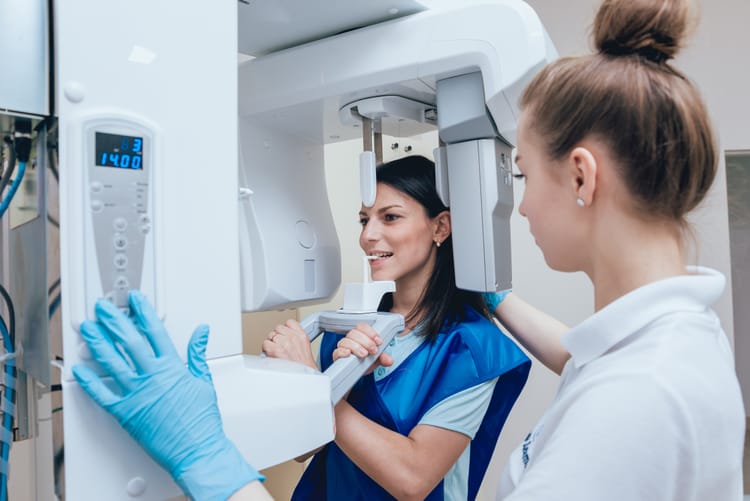Dental practices in hackers’ crosshairs

Dental data breaches abound. A data breach impacting 1.2 million dental patients serves as a reminder of dentistry's cybersecurity vulnerabilities. We also take a look at new workforce data from the ADA and a sticky case involving super glue and veneers.
Before you read on, think twice about eye rolling at work. A dental nurse in the U.K. received a $31,000 settlement for workplace bullying stemming from an alleged incident involving an eye-rolling dental therapist.

Super glue veneers. A woman with no dental license has been arrested for allegedly performing procedures, including securing veneers with Krazy Glue.
Dental health and bullying. Researchers found that teens who lose their teeth to decay or trauma are significantly more likely to be the victims of bullying.
Another dental practice data breach. A data breach of Nevada practice Absolute Dental exposed the PPI of more than 1.2 million people.
Who's afraid of the dentist? It turns out that three out of four adults struggle with dental fear. A new study found that most people want treatment options to overcome that dental anxiety.
The future is female. New data from the ADA Health Policy Institute reveals that nearly two in five dentists are female, a significant increase since 2001.

Dental practices are a potential goldmine for hackers
Cybercriminals are always on the lookout for easy, lucrative targets, and often, they can find them among dental practices. A new article for Forbes covers the growing trend of dental practices as victims of data breaches. The dental industry safeguards sensitive patient information and uses a wide array of digital tools, but many practices lack basic cybersecurity awareness.
Why it matters: Dental practices ignore cybersecurity at their peril. Understanding how to prevent breaches protects practices' revenue, reputation and patients. (Forbes)
Will AI replace dentists?
Is AI coming for your job? That question is on many people's minds in dentistry and beyond. In a DentistryIQ article, David R. Rice, DDS, argues that this transformational technology is here to stay. It will help the practices that harness its power to grow, while it will leave behind those dentists who ignore it.
Why it matters: New technology can be intimidating, but it is up to dental practice leaders to learn how AI can empower their work and their teams. (DentistryIQ)
America's oral health crisis
Fluoride bans are the tip of the iceberg when it comes to the oral health crisis in the United States, according to an article from STAT. In addition to the anti-fluoride movement, millions of Americans struggle to pay for adequate dental care. For decades, the health care system and policymakers have siloed oral care from overall health care.
Why it matters: Solving the oral health crisis will require evidence-based policy, investment in preventative care and recognition of the vital relationship between oral health and overall health. (STAT)

- TheraBreath launches toothpaste line with stannous fluoride
- How is virtual reality being used in dental education?
- AI receptionists arrive in dentistry
- Can pediatricians help drive access to dental care?
Thanks for reading today's edition! You can reach the newsletter team at newsletter@dentalbite.co. We enjoy hearing from you.
Interested in advertising? Email us at newslettersales@mvfglobal.com
Dental Bite is curated and written by Carrie Pallardy and edited by Lesley McKenzie.



